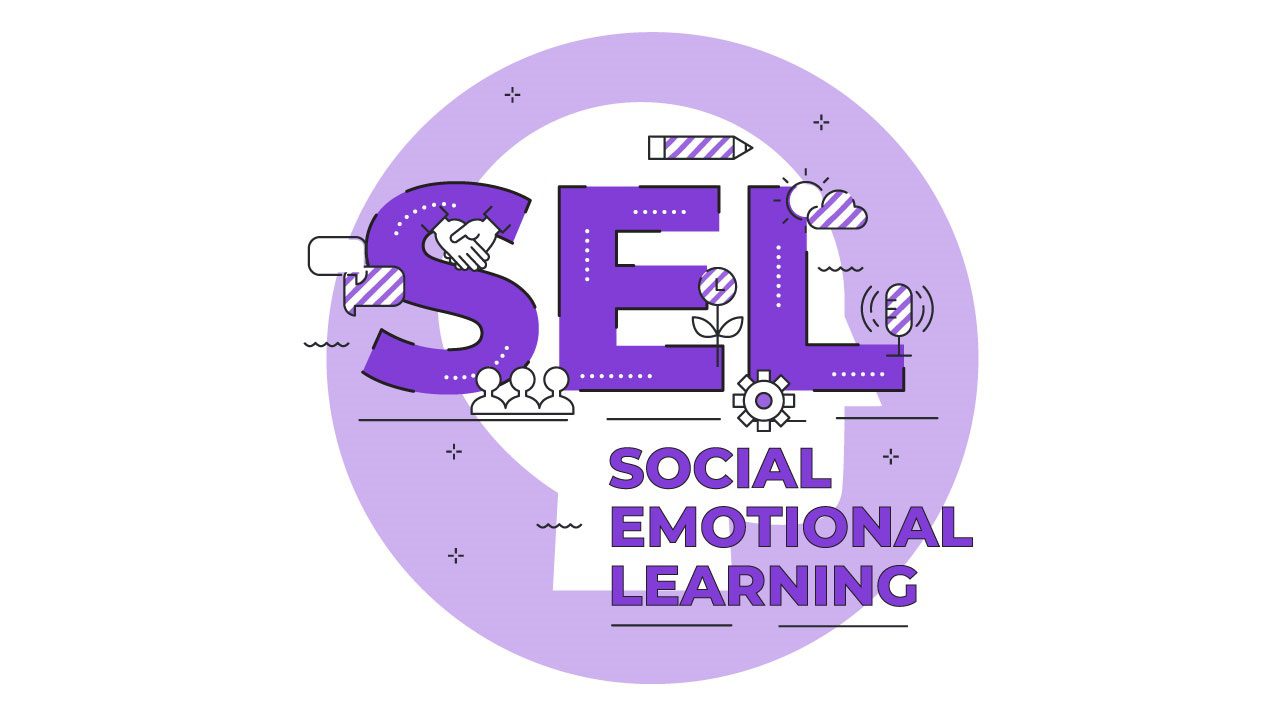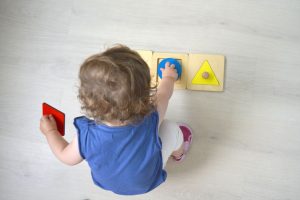In every school across the nation, beyond the tangible hallways and classrooms, there exists an intangible yet vital dimension of education. This dimension, Social and Emotional Learning (SEL), is increasingly gaining recognition for its profound impact on students’ lives.

Understanding SEL
Social and Emotional Learning (SEL) is not just a modern educational jargon. At its core, SEL focuses on five competencies: self-awareness, self-management, social awareness, relationship skills, and responsible decision-making. These competencies help students understand and regulate their emotions, set and achieve personal goals, show empathy for others, build meaningful relationships, and make responsible choices.
SEL and Academic Success
The traditional school curriculum emphasizes reading, writing, and arithmetic. But what if the key to truly excelling in these areas lies not only in the subjects themselves but in the students’ emotional and social skills?
Research suggests that students who receive SEL instruction have achievement scores an average of 11 percentile points higher than those who do not. These students exhibit improved attitudes towards school and reduced negative behaviors. They’re better equipped to handle stress, manage their time, and approach challenges with a growth mindset.
SEL and Relationship Building
Beyond academics, SEL plays a crucial role in shaping how students interact with the world around them. With an emphasis on empathy, active listening, and conflict resolution, SEL equips students to build and maintain positive relationships. They become more adept at understanding different perspectives, managing interpersonal conflicts, and contributing positively to their communities.
Incorporating SEL in Education
Recognizing its significance, many schools have started integrating SEL into their daily routines and curriculums. Through role-playing, group discussions, and reflective exercises, educators are providing students with practical opportunities to hone these skills.
However, SEL isn’t limited to the confines of a classroom. Parents and caregivers are equally influential in reinforcing SEL competencies. Discussing daily experiences, encouraging expression of emotions, and setting boundaries are all ways parents can promote SEL at home.
SEL in Adulthood
The importance of SEL doesn’t wane after graduation. In fact, its relevance only amplifies. Adults with strong SEL competencies tend to excel in their professional lives, showing greater teamwork, leadership, and problem-solving skills. On a personal front, they exhibit better mental health, have stronger relationships, and engage more actively in their communities.
The Future of SEL
As we navigate an increasingly interconnected and complex world, the demand for social and emotional skills will only grow. By placing SEL at the forefront of education, we are not only shaping students’ academic careers but also ensuring their holistic well-being and success in the broader spectrum of life.
In conclusion, Social and Emotional Learning is not just an added benefit—it’s essential. By recognizing its importance and integrating it into our educational systems, we are setting our students on a path of comprehensive success and well-rounded development.















Add Comment